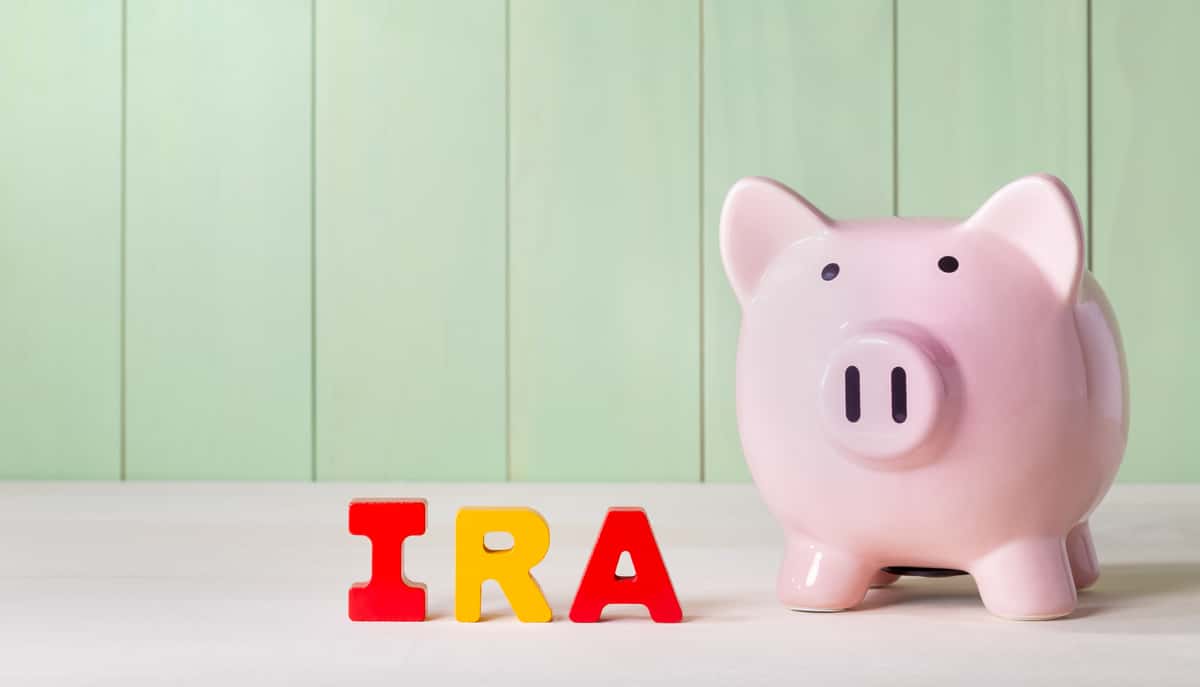Are you ready to get serious about retirement planning?
When it comes to retirement savings, there are two primary types of accounts: 401k and IRA. Both accounts are designed to help you save for your future, but they have different features and benefits.
In this guide, we will break down the important differences between 401k vs IRA accounts to help you make informed decisions about your retirement savings. Keep reading to learn more.
Table Of Contents
What’s the Difference?
A 401k is a type of employer-sponsored retirement account. This means that your employer must offer a 401k plan for you to participate.
When you enroll in a 401k plan, you can contribute a portion of your pre-tax income into the account. Your employer may also make contributions to the plan on your behalf.
An IRA is an individual retirement account that you can set up on your own. You do not need to have an employer to open an IRA. Like a 401k, you can contribute pre-tax income to an IRA, but you are responsible for managing the account and making investment decisions.
Here’s a resource where you can learn about a self-directed Home Depot 401k.
Contribution Limits
One of the most significant differences between 401k and IRA accounts is the contribution limit. In 2023, the contribution limit for a 401k account is $20,500. However, if you are over the age of 50, you can make additional “catch-up” contributions of up to $6,500 per year.
For IRA accounts, the contribution limit is much lower. In 2023, you can contribute up to $6,000 to an IRA account. If you are over the age of 50, you can make an additional “catch-up” contribution of up to $1,000 per year.
Employer Contributions
One of the biggest advantages of a 401k account is that your employer may make contributions to the plan on your behalf. This is known as an employer match.
For example, your employer may offer to match 50% of your contributions. This can be done up to a certain percentage of your salary.
Unfortunately, IRA accounts do not have an employer match feature. You are solely responsible for funding your IRA account.
Investment Options
Another significant difference between 401k and IRA accounts is the investment options. With a 401k account, your investment options are limited to the choices provided by your employer. Typically, this includes a selection of mutual funds, target-date funds, and company stock.
With an IRA account, you have much more flexibility when it comes to investment options. You can invest in individual stocks, bonds, mutual funds, ETFs, and more. This gives you more control over your investments and the ability to tailor your portfolio to your specific goals and risk tolerance.
Taxes
Both 401k and IRA accounts offer tax benefits, but they work differently. With a 401k account, your contributions are made with pre-tax income. This means that the money you contribute is deducted from your taxable income for the year.
However, you will have to pay taxes on your contributions and earnings when you withdraw the money in retirement.
With an IRA account, your contributions are also made with pre-tax income. However, you have the option to choose a Roth IRA, which uses after-tax income instead.
This means that you won’t receive a tax deduction for your contributions, but your withdrawals in retirement will be tax-free.
Withdrawals
Finally, it’s important to understand the rules around withdrawals for both 401k and IRA accounts. With a 401k account, you can start making withdrawals penalty-free at age 59 ½.
However, if you withdraw money before then, you will be subject to a 10% penalty. Additionally, you must start taking required minimum distributions (RMDs) from your 401k account at age 72.
With an IRA account, the rules around withdrawals are similar. You can start making penalty-free withdrawals at age 59 ½, and you must take RMDs starting at age 72.
However, there is one key difference: if you have a Roth IRA, you can withdraw your contributions at any time without penalty or taxes. This can be a valuable option if you need access to your savings before retirement.
Which Is Right for You?
So, which type of retirement account is right for you? Ultimately, it depends on your individual goals and financial situation. Here are a few factors to consider:
Employer Match
Many employers offer a 401k match. Thus it might be smart to take advantage of that benefit.
Investment Options
Do you want more control over your investments? If so, an IRA may be a better choice.
Contribution Limits
If you’re able to max out your 401k contributions, a 401k may allow you to save more money each year. The key is to decide how much you can contribute to this account each pay period.

Taxes
Do you anticipate being in a higher tax bracket in retirement? If so, a Roth IRA may be a good option to consider.
It’s important to note that you don’t have to choose between a 401k and an IRA. In fact, many people use both types of accounts to maximize their retirement savings.
For example, you may contribute enough to your 401k to take advantage of the employer match, and then contribute additional funds to an IRA to diversify your investments.
A Guide to Understanding 401k vs IRA
It’s never too early to start planning for your retirement years. Fortunately, this guide to understanding the differences between 401k vs IRA will help make the process a little easier.
Please feel free to continue scrolling to discover more great information and advice on our blog.




